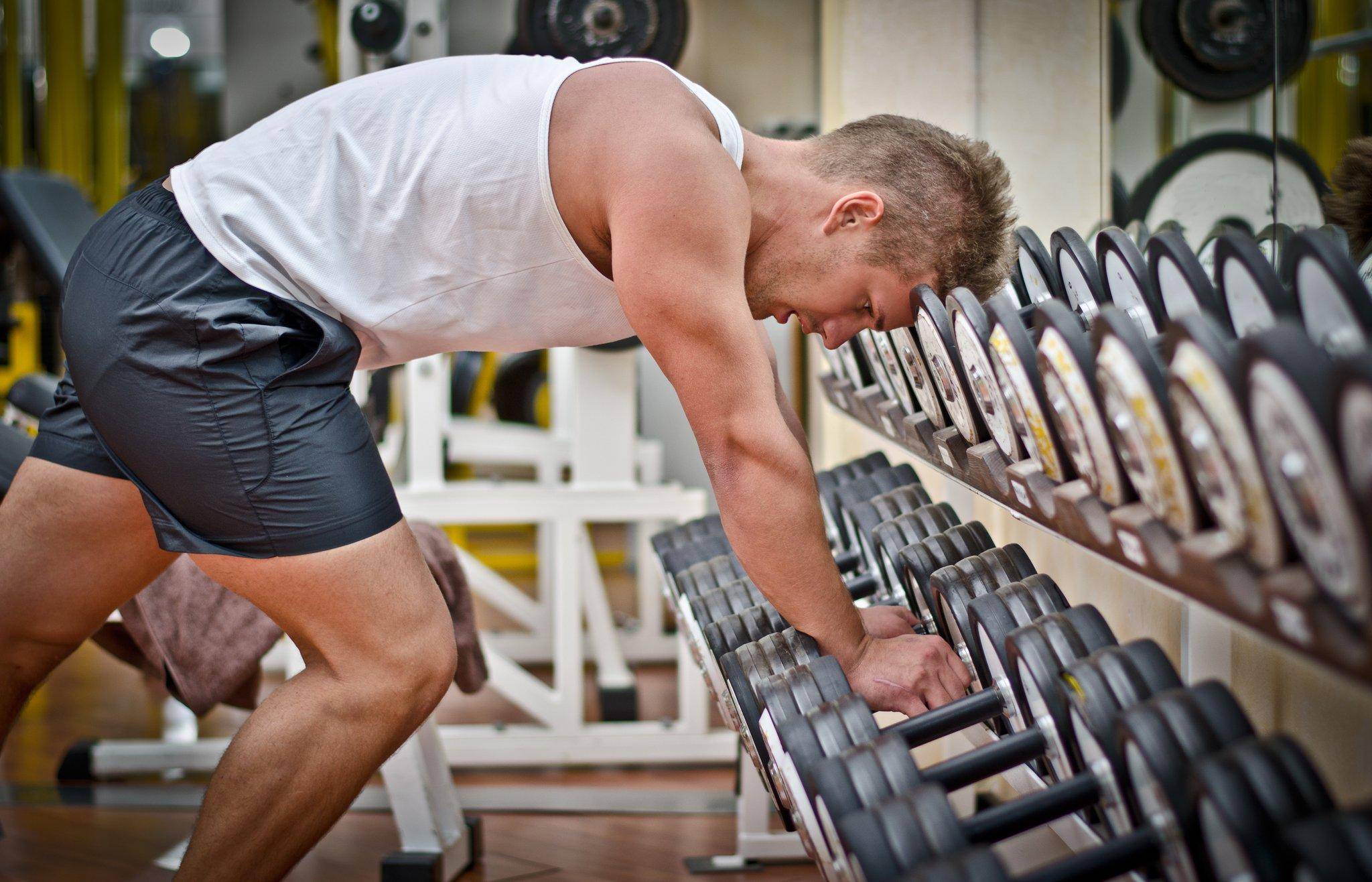We are all used to the fact that after training, a pleasant fatigue is felt in the body, the muscles relax, some inner calm comes. In fact, at this moment, a number of fantastic reactions and transformations are taking place in your body, which are undoubtedly worth it for you to sweat a lot and follow the instructions of the coach.
So, what kind of metamorphoses occur inside us after the next workout?
- Muscle recovery
After physical exertion, biochemical reactions occur in the muscle cells, which attract an additional amount of water-hence the increase. The muscles are restored in this way, and this is normal. The process usually takes from one to three days – these figures depend on the characteristics of the body, the muscle group and the amount of load. This is also affected by how intensely a person trains and for how long. - Dehydration
In the first time after training, you can lose a huge amount of water. If a person weighs, for example, 80-90 kilograms, then after running 10 kilometers, he will sweat a lot and lose one kilogram along with water.If you do not “replenish” your water reserves in time, this will lead to a violation of the water-salt balance in the body. In this case, the level of antidiuretic hormone responsible for the water balance will increase, and this can contribute to weight gain. Of course, after one workout, the weight will not increase significantly, but after several sessions it can happen. - Changes in body weight indicators
Many people hope that they will leave the gym weighing at least half a ton less. But this will not happen immediately after training, rather, on the contrary, the numbers on the scales will creep up.Body weight is the sum of the weight of not only adipose tissue and muscles, but also bones, fluid and internal organs. Immediately after training, some of these indicators may change – the muscles are restored, fluid accumulates in the tissues, and no one has canceled diuresis yet. For example, if a person drinks a lot of water during and after training, the weight may increase. But if he sweats or visits the toilet, the weight will return to normal. - A set of muscle mass
Regular training with weights leads to muscle tone, they grow – and this, of course, affects the weight. Muscles do not weigh more than fat, but the density of muscle tissue is much higher than that of adipose tissue. Some fear that the indicators on the scales will remain unchanged or even a little more. But with the growth of muscles, the weight also increases. It’s all right. - Excess calories
Let’s be honest, some people train only for the sake of having a good time in the McDuck or KFS later. Many people cheer themselves up after a workout, go to compensate for the calories spent with a clear conscience and abuse “healthy” snacks.
Complicating the situation is the fact that after an intense load, sometimes there is a strong hunger, which few people can resist. All this can lead to the fact that the weight will either stand still or grow.
In addition, physical activity increases the level of lactate in the blood, which is used by the brain as an energy source (the more energy the brain has, the better it works).
And even with intensive training, there is an outflow of blood from the prefrontal cortex of the brain to the working muscles. When the muscles stop working, a compensatory rush of blood begins, which rushes back to the prefrontal cortex of the brain, which instantly improves its work.
Therefore, after training, we become smarter and more attentive.
As you can see, learning really works wonders with us. Isn’t this a reason to devote your whole life to them? Train for your own pleasure and for your own health!!
